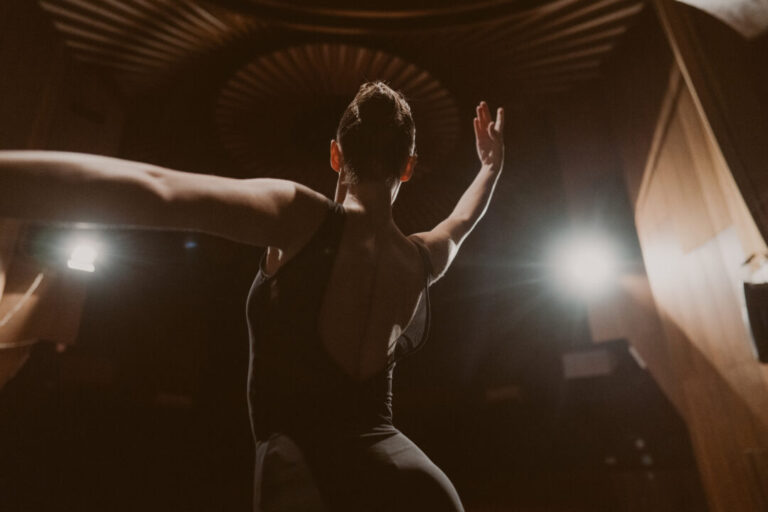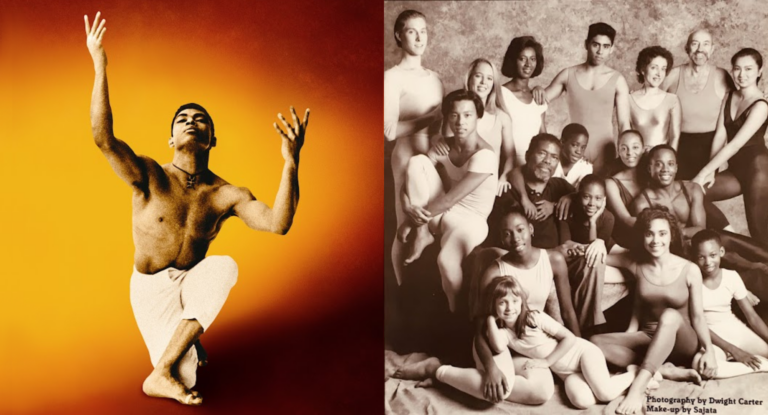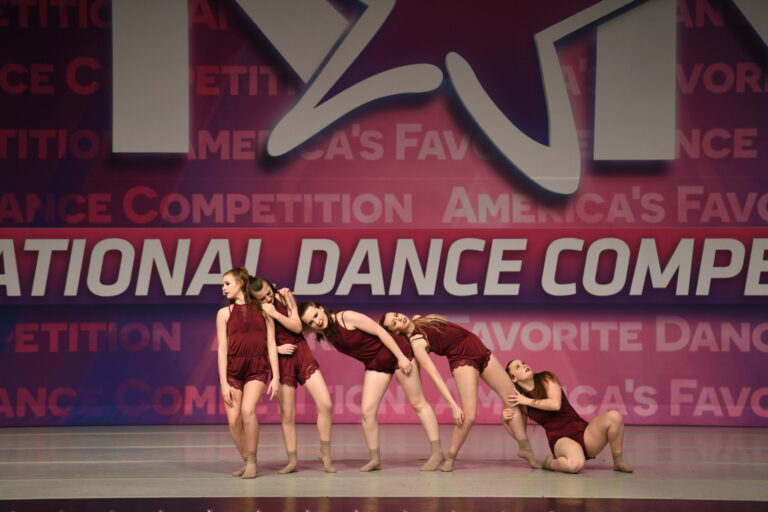How do you turn out such technically trained dancers?
I teach more ballet than most competition studios, so when my kids win, it’s because of their technique more than anything. I don’t care what the latest trend is in choreography or on the convention circuit—I care about keeping the kids in ballet class.
For four months, starting in August, I teach solid technique. We don’t even begin learning the choreography for our competition routines until the last week in December. Then, as soon as competition season ends in May, we get back into the serious technique classes—including a ballet camp—before we go to Nationals.
What do you do with an exceptionally gifted dancer—like Jakob Karr—to keep him or her challenged and growing?
If you want them to grow, you as the teacher have to continue to grow. You have to challenge yourself in order for your studio to prosper. I do that by taking classes whenever I can. Over the summer I go to NYC to take classes at Broadway Dance Center and Steps on Broadway. I also bring in guest teachers for my students, so we can all stay on the cutting edge.
As a teacher, what do you find to be the most rewarding part of competition?
The reason I first got into competition was to make my dancers more serious so I could take them to a more experienced level. Competitions teach the students discipline and focus, and, if you handle your team correctly, they help form tremendous friendships.
What are the biggest mistakes studios make at competition?
They can let it become too competitive and, as a result, lose their focus. You can’t let go of your technique. So many studios also focus on following the latest trends and suddenly everyone is wearing the same thing, performing to the same song and looking identical.
What is your advice to teachers for their first competition?
Don’t go in expecting to win. Sit, learn and watch the other dancers at each event and really keep your eyes open. Get a feel for what competitions are like and understand that hard work will pay off. Competitions are also subjective. The results at any given event are one group’s opinion. It can simply depend on the group of judges you have that day.



